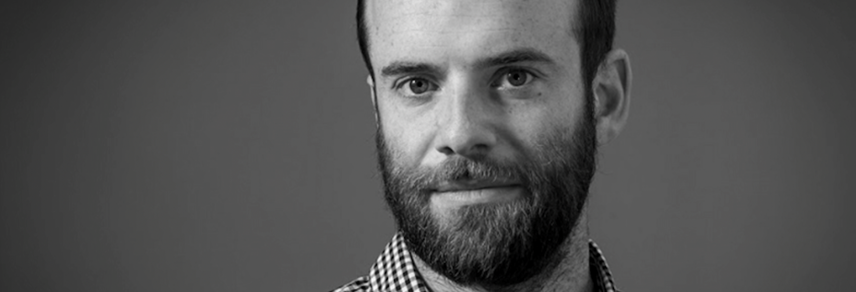
THE MOST EXPENSIVE PR TACTIC IN HISTORY: WHAT NEXT FOR NEWCASTLE UNITED AND FOOTBALL?
Sam Burne James, freelance PR professional, explores what is next for Newcastle United and the wider football industry following the club's high-profile takeover from Saudi Arabia's Public Investment Fund.
If you’d not previously heard the term ‘sportswashing’, chances are you will have since Saudi Arabia’s Public Investment Fund acquired storied football club Newcastle United last week.
It’s the latest in a string of sportswashing tactics undertaken by pariah states and dodgy dictators, using the sport in an attempt to launder their reputation.
The purchase may turn out to be the most expensive PR tactic in history - for Newcastle to achieve the sort of results needed to net reputational gains for its new patron, it will require substantial investment.
Apologists for the country, plus its various PR consultancies, will point out that the Premier League has received “legally binding assurances” that the Saudi state will not directly control Newcastle. Don’t be under any illusions - this is not a country which plays by the rules, and we all know that he who pays the piper, picks the tune.
This leaves the club and the sport with three immediate reputational questions.
Firstly, how explicitly will Newcastle United’s new owners use the team and its players as a reputational tool? Having gone to the trouble of constructing the aforementioned “assurance”, they would be well advised to keep it subtle. If we quickly start seeing pre-season friendlies in Riyadh, players photographed meeting Saudi royalty and so on, it could irk those Newcastle fans who are either in favour of the new owners, or agnostic but willing to give them a chance - let alone those already disgusted by the takeover.
Secondly, the Premier League will have calculated that it can tolerate some level of fan and stakeholder discontent around this takeover. There are already major questions about whether it takes its traditional, UK-based audience for granted in favour of growing overseas audiences. How much further will it go down that path? How will it react when the next questionable regime rocks up with a pile of cash? At what point does it realise that an entirely foreign state-owned, gambling company-sponsored league is not going to be attractive to many? On which note, could the arrival of another club owner from the Islamic World influence its much-maligned links with gambling?
Finally, there are many examples of football as a force for good - from the work done to build a positive legacy for tragically-departed QPR starlet Kiyan Prince; to its neighbours, my club Fulham, throwing its support behind a supporter with a disability who suffered bullying. It’s clear that both of those examples have been bolstered by the PR support of their respective clubs, but for entirely laudable reasons. How much resource will go into creating and amplifying more of these stories, and can that be done in an authentic way, to avoid clubs appearing to be cynically seeking good PR from them?
Whatever the answer to all these questions, two things are clear - sportswashing is now a permanent fixture in the sporting world, and it means that the action off the pitch will increasingly be just as if not more intriguing than the action on it.



